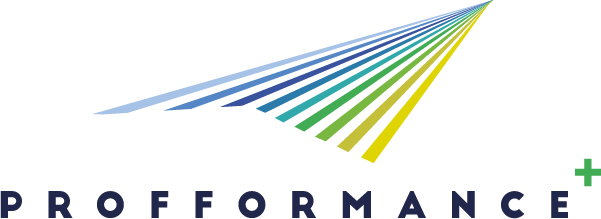HPIUMMZ
How Pandemic Inspired Us to Make Music for and in Zoom
- 01 - Education
- 02 - Arts and humanities
2. Innovative teaching and learning
- Differentiated instruction - promoting diversity of materials and learning styles
- Innovative multidisciplinary projects for students from different faculties
- Other:
Innovative online classroom activities
The main aim of the project “Music in Zoom” was to enable students of the Tbilisi Vano Sarajishvili State Conservatoire Contemporary Music Student Ensemble TMA to rehearse and perform music under the conditions of strict lockdown of the Covid-19 Pandemic using online software platforms. The project was initiated by the Associate Professor of Tbilisi State Conservatoire Dr. Nino Jvania, who, at the same time, is an artistic director of the ensemble. The project was implemented throughout 2 semesters: Spring Semester of 2019/2020 and Winter Semester of 2020/2021. During both semesters TSC was mostly closed for physical class activities and the teaching process was conducted mostly online. This option was problematic in the cases of all music lessons, as music transmitted via the internet loses its quality significantly. Though it was a special challenge for ensemble rehearsals, as sound distortions and delays particularly harm ensemble performances – the more participants, the more audible are all the problems related to sound. TMA consists mostly of 30-60 members that the artistic director breaks into groups to give concerts with various contemporary pieces. Though, it seemed impossible to prepare and perform a regular contemporary repertoire under strict conditions of Pandemic. Associate Professor Nino Jvania, who is also an expert in contemporary academic music, decided to commission contemporary Georgian composers works for TMA that would function in those new and strange conditions; the works to be performed in Zoom. As a result, Professor Reso Kiknadze composed “Metachronous Coronation Mass” for 51 musicians that has to be performed in Zoom, recorded and edited (SS 2019/2020). It exists in the digital version. Associated Professor Eka Chabashvili composed “Buzzing on Zoom” that has to be performed and recorded in Zoom in one session and published without any editing (WS 2020/2021). Sound delays and noises that emerge while 30 microphones of interpreters are on, create an acoustic layer of the piece that becomes an inseparable part of this music. Thus, for two semesters, as TSC was closed for physical classes, we gave two generations of TMA the alternative option to get acquainted with the specifics of contemporary ensemble music performance. At the same time, we contributed to the emergence and development of a new genre that could further evolve, offering new opportunities for self-expression to contemporary composers.
Methodology
Tools, equipment, technology used
Outcomes and outputs, main results
Lessons learnt
Adaptability and sustainability of the best practice (for other institutions)
Promotion of best practice
Scope and impact
- Course/department level
- Faculty level
- Institutional level
- Cross-institutional level
- National level
- EU/EHEA/International level
6.1 Digitalization
- Innovative, novel methodology in using digital tools/devices in teaching
- Novel digital solutions (tools, frameworks, devices, tasks to enhance efficiency and motivation)
Reasoning: Digitalization is the most important part of this good practice, as it is fully based on digital technologies - be it computers, laptops, mobile phones, or online software platforms (in this particular case - Zoom).
6.2 Internationalization
- Outstanding practices of international online collaborative learning
- Developing students' multicultural awareness
- Students engagement in international projects
- Courses implemented in international cooperation (projects, co-teaching, virtual/blended mobility, etc.)
- Other:
Course offered to international multicultural students online.
Reasoning: The current project was not international. Though, the given good practice could definitely be used for international online collaborative learning, enabling music (art) academies representing various countries with different technological development levels to implement cooperative creative projects. This, of course, would contribute to the development of students’ multicultural awareness, and inspire them to engage in various international projects.
6.3 Inclusion and diversity, universal design
- Other:
Alternative course for students with special needs
Reasoning: Although Inclusion was not present particularly in our project, the course on contemporary music ensemble based either completely or partly on the idea of online music-making could be helpful for those mobility impaired students who still want to regularly and actively rehearse and perform contemporary music in ensembles.
6.4 Sustainability
- Teaching material contains profession related sustainability aspects
Reasoning: "Music has a critical role to play in the transition towards a culture of sustainability. Music is essential to human survival and human development. Contrary to popular opinion, it is not an ‘add on;’ instead, it is the life-blood of culture and individual and collective identity and strengthens our bio-culture. " These words of Sara J. Wolcott attributed to music could be assigned to the given project and good practice that attempted to "save" music in times especially difficult for the field.
3.3 Public contact datas
| Name | Email address | Website |
|---|---|---|
| TMA - Tbilisi Conservatoire Contemporary Music Student Ensemble | tma@tsc.edu.ge | https://www.youtube.com/channel/UCAykFSBGPKgK-FSZPmVfz_g |

